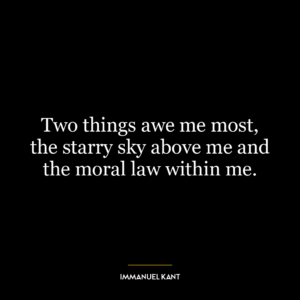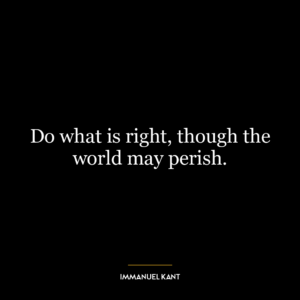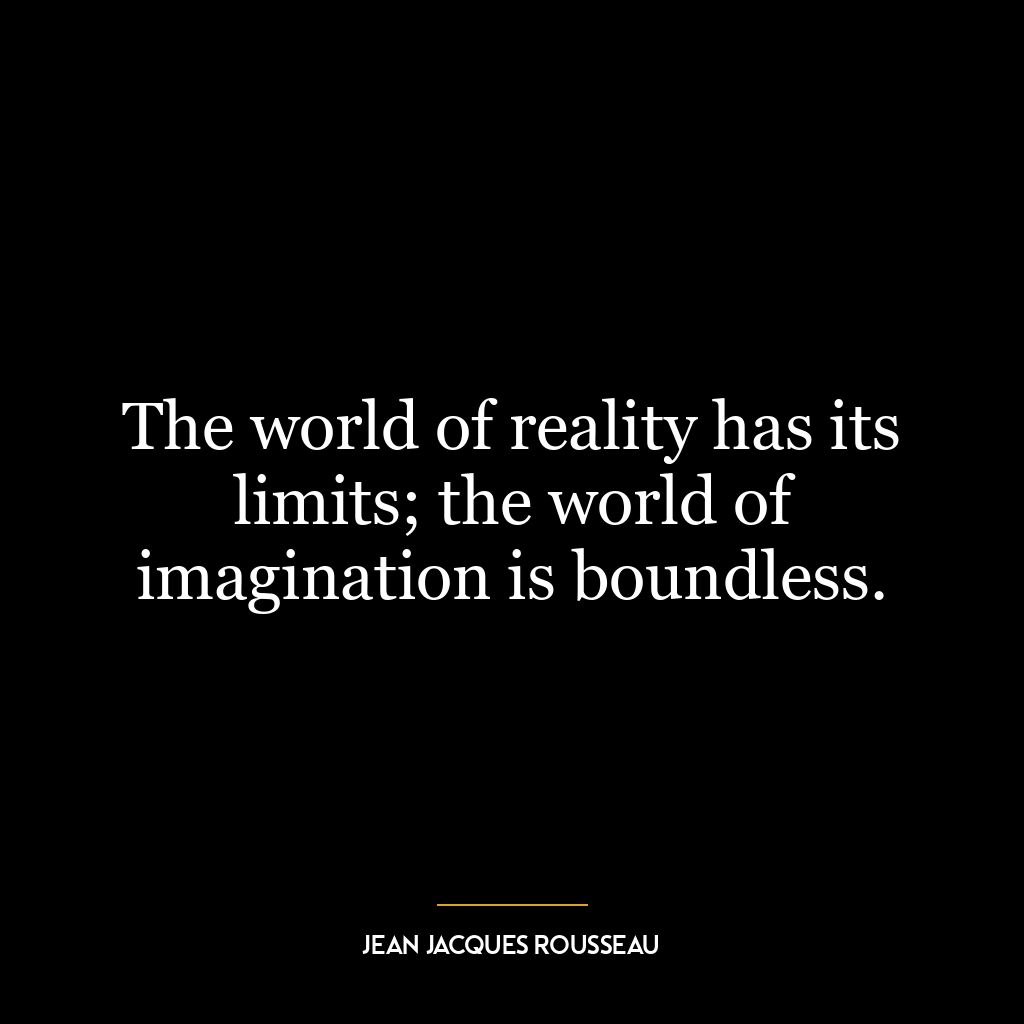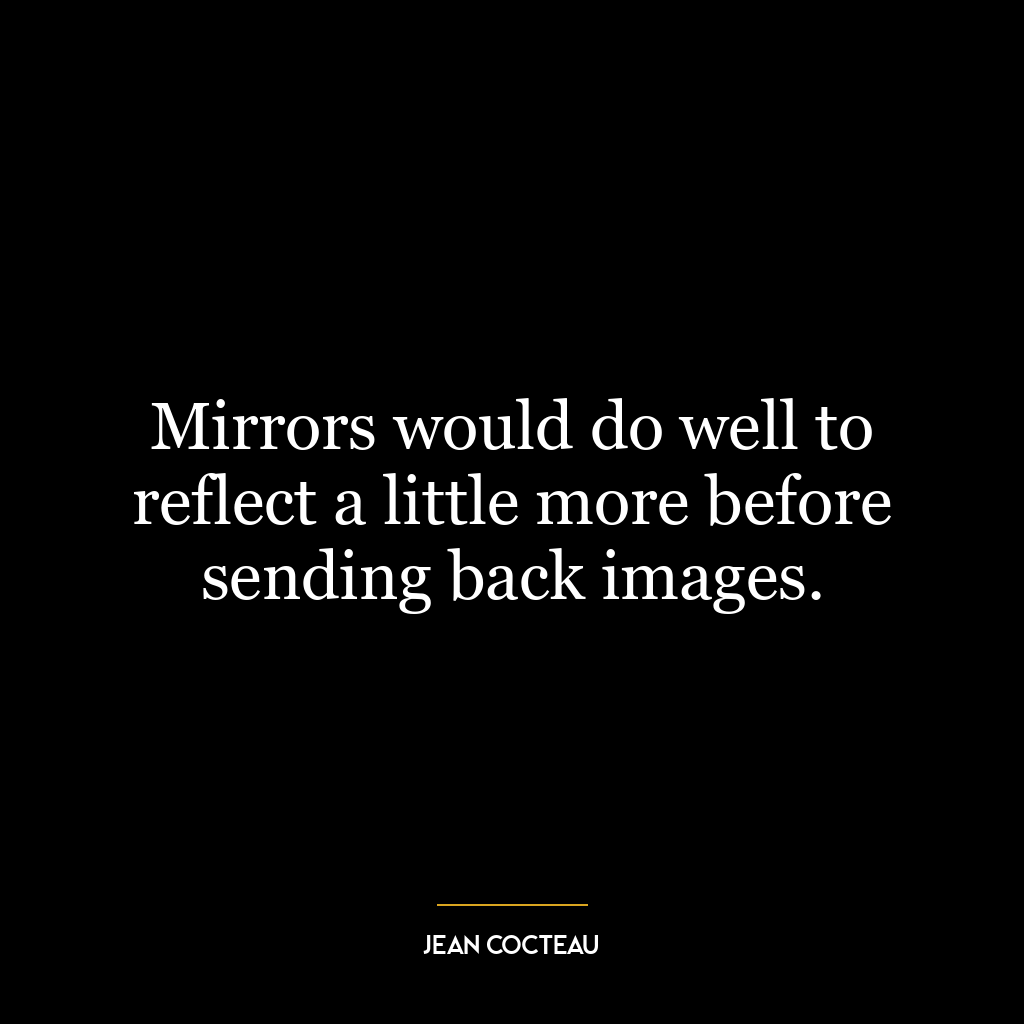Reason should investigate its own parameters before declaring its omniscience.
This quote is a profound statement about the nature and limits of human reasoning. It suggests that before we, as rational beings, claim to know everything or understand all aspects of life and the universe, we should first understand the limits of our own reasoning abilities. Our reason, or rational thinking, has its own boundaries and limitations, and it’s essential to recognize these before making grand claims about our understanding or knowledge.
In essence, this quote is a call for humility in our intellectual pursuits. It’s a reminder that our understanding of the world is always limited by our perspective and the extent of our reasoning abilities. We should always question and evaluate our assumptions, beliefs, and the frameworks we use to understand the world. This self-reflection and self-awareness are essential for intellectual growth and integrity.
Applying this idea in today’s world, it could serve as a reminder of the importance of critical thinking and open-mindedness. In an age of information overload, it’s easy to believe we know everything about a topic after a quick Google search. But this quote reminds us to question our sources, scrutinize our assumptions, and remain open to new perspectives and information. It encourages us to understand and acknowledge the limitations of our knowledge and to continually strive to expand our understanding.
In terms of personal development, this quote could be seen as a call for introspection and self-awareness. It reminds us to regularly evaluate our beliefs, assumptions, and values, to understand where they come from and how they shape our perspectives and actions. By understanding the parameters of our own reason, we can become more self-aware, empathetic, and adaptable individuals.












